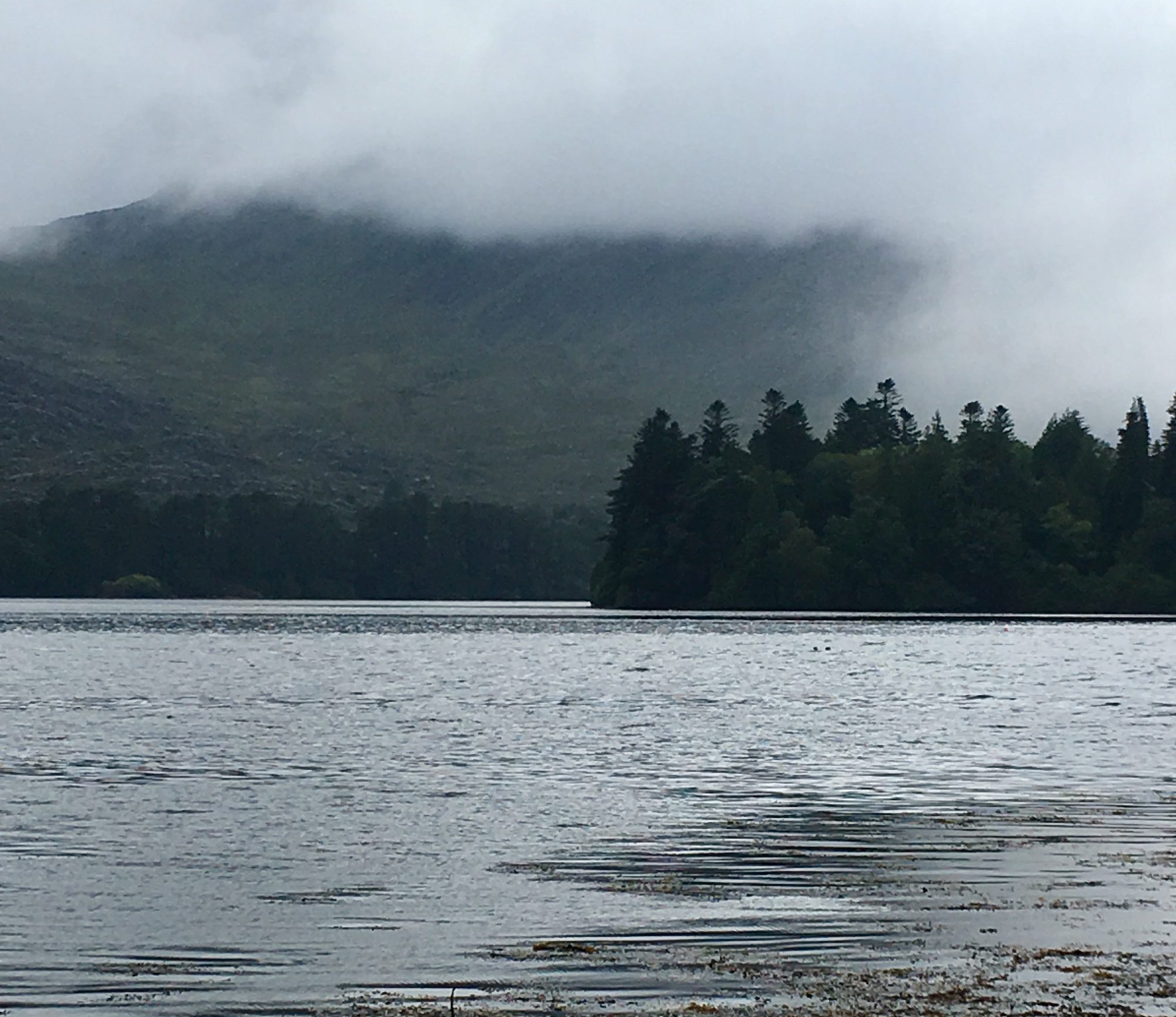David and I sat at the kitchen table last night, having our bedtime snacks, talking about beauty. We’d just watched A Single Man, an exceptionally true and beautiful movie.
“I wonder where my life would have gone if I’d followed my sensory attraction to form and color,” David said. “The lines of the rear view mirror on the Mercedes in the movie were beautiful. The body moving in water made me want to draw the curves and angles and lines.” We were still awash in the visual and emotional depths of the movie — the stark, haggard grey toned shots of Colin Firth as George, the bereaved gay man in 1962, having to hide his loss, his lost love, his feeble grasp of continued life, the brilliantly colored views of other characters George sees, the fair and youthful skin and soft blonde hair of Kenny, the flouncing red-skirted dress of the neighbor’s little girl, her hair also blonde and tightly braided. Time slows down and George dives into the eyes of those he encounters in the day the movie follows, Kenny’s round blue eyes, Charlotte’s eyes rimmed with black eyeliner and mascara.
“Beauty brings copies of itself into being. It makes us draw it, take photographs of it, or describe it to other people.” Thus Elaine Scarry begins On Beauty, a book I picked up in a bookstore because the cover was so beautiful, a five square of different colored birds’ eggs on a pale green background. The opening page of the book made me buy it, because of my own impulse to record what I see, to translate my sensual and visual experiences into language, in new and surprising ways.
“For the first time in my life, I can’t see my future,” George says at the beginning of A Single Man. I remember the year after Eric died, how my future had dropped away and each day was simply, “getting through the God-damned day,” as George says. Get out of bed, I would tell myself, go for a run, take a shower, go to work. Each step was predictable and doable, by itself, but not a string leading into a future that had been sheared off when Eric died. Continuing on was unimaginable, so I continued on without any imagination.
Except there was still beauty in the world, painful, insistent beauty, setting off chains of language in my head that had to be written down. So I began writing — about the catbird singing on the wires crossing from the street to the house, about the seasons moving on from summer to fall to winter, about the sheets of snow that fell, filling the yard and driveway. I wrote about grief and deep sorrow and rivers and demons and tears, because even though grief is hard, it has its own real beauty, the depths of loss connected to the depths of love.
Next year at this time David and I will have embarked on our year of following beauty’s lead. I have a future now and it includes creating a year with David in which we wait to see where sensual input leads us. David to his canvases, me to my pen? Today we will try some stretch of that. There is beauty in each moment, the smell of basil from the garden, the dark bark of the trees along the brook peeking through the high summer green of leaves, the marbled clouds against the blue sky, the chatter of birds and crickets, the taste of our cappuccino, the muscles of our thighs as we sit side by side.

